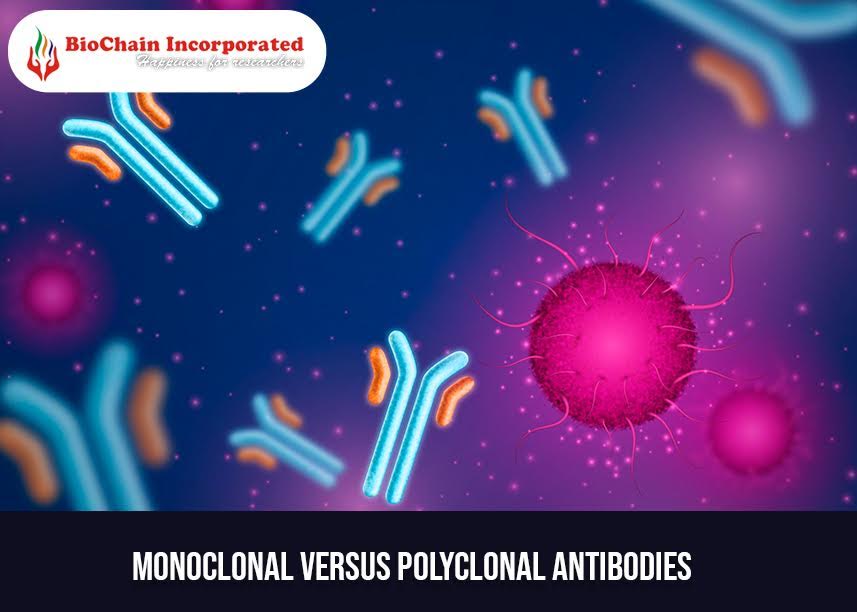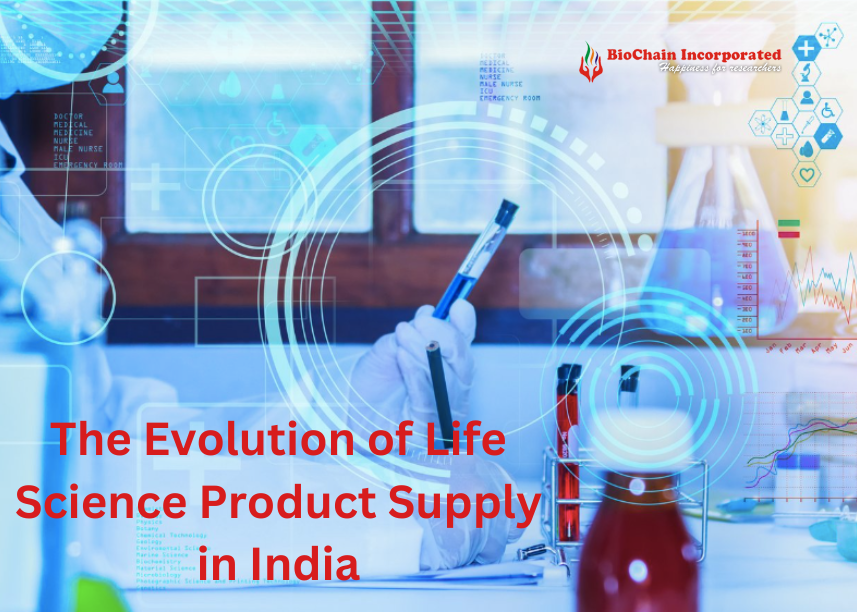How Are Monoclonal Antibodies Different From Polyclonal Antibodies?
Reputed antibody suppliers never compromise on the quality of antibodies. Learn the differences between monoclonal & polyclonal Antibodies.
Antibodies are host proteins that comprise one of the principal effectors of the adaptive immune system. The production of these Y-shaped proteins occurs in order to fight infections. They have been and continue to be in use extensively as diagnostic and also research reagents. Custom antibodies find application in the detection, identification, and analysis of therapeutic drugs to support pre-clinical and also, downstream clinical trials.
About Monoclonal Antibodies
With the use of monoclonal antibodies, it is easy to solve major problems arising from the limited specificity and also, reproducibility of conventional antisera. Some of the commonly employed methods for the production of monoclonal antibodies are:
-
Fusion of sensitized lymphocytes and myelomas from different sources to produce continuous antibody-producing cell lines
-
In vitro viral transformation of sensitized lymphocytes to form continuous antibody-producing cells
-
Hybrid fusion of sensitized lymphocytes and also, continuous B lymphocyte cell lines.
About Polyclonal Antibodies
Polyclonal antibodies (PAbs) are a mixture of antibodies, secreted by different B cell lineages. These antibodies are actually a collection of immunoglobulin molecules that react against a specific antigen. Each of these identifies a different epitope on an antigen. The process of production of polyclonal antibodies include:
-
The size of the host is directly proportional to the final yield. Thus, larger animals should be the preferred hosts when large amounts become necessary.
-
The host from which the antigen originated and also, the host used for antibody production should be phylogenetically distant. This is important to increase the chances of the antigen eliciting an immune response.
-
Polyclonal antibodies used as secondary antibodies should have different places of generation Also phylogenetically distant species than the ones used for primary antibody generation.
The Main Differences Between These Two Types Of Antibodies:
Monoclonal Antibodies
-
The population of antibodies in the monoclonal antibodies is homogenous.
-
They recognize a single epitope of the antigen.
-
The production of monoclonal antibodies involves animals and also, hybridoma cells.
Polyclonal Antibodies
-
The population of polyclonal antibodies is heterogeneous.
-
They recognize multiple epitopes in the antigen.
-
The production of polyclonal antibodies only requires animals.
Conclusion
BioChain Incorporated has become one of the leading biotech companies committed to providing high quality antibodies in the country. We provide high-quality peptide synthesis at all scales from milligrams (mg) to multi-kilograms (kg). with a success rate well above the industry standard ( >98% ). We help in synthesizing custom antibodies and also, peptides at reasonable rates. You can either develop an antibody from scratch or convert an existing research-grade antibody into a recombinant GMP antibody.



.png)

.png)


.png)
.png)
.png)
.png)
.png)